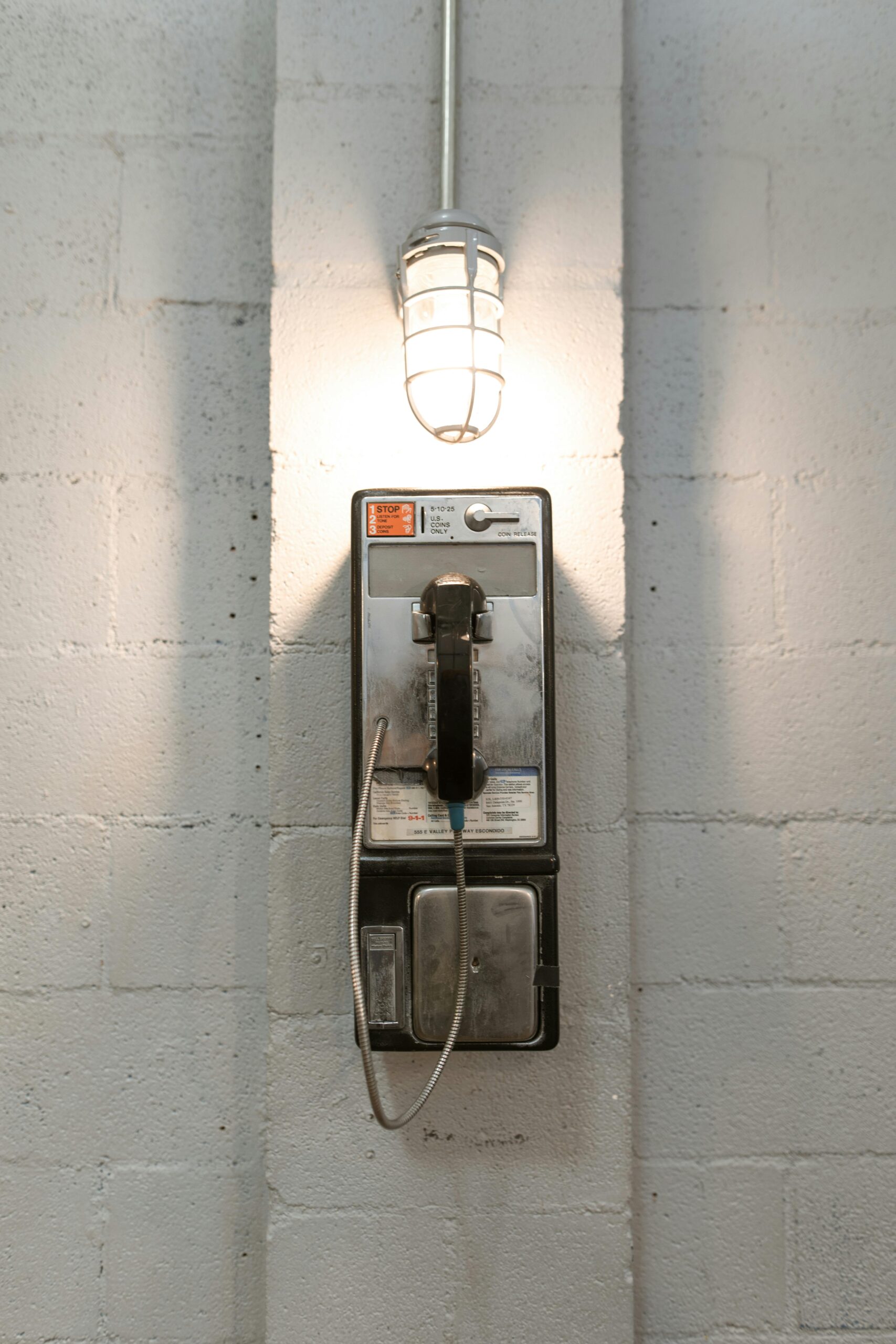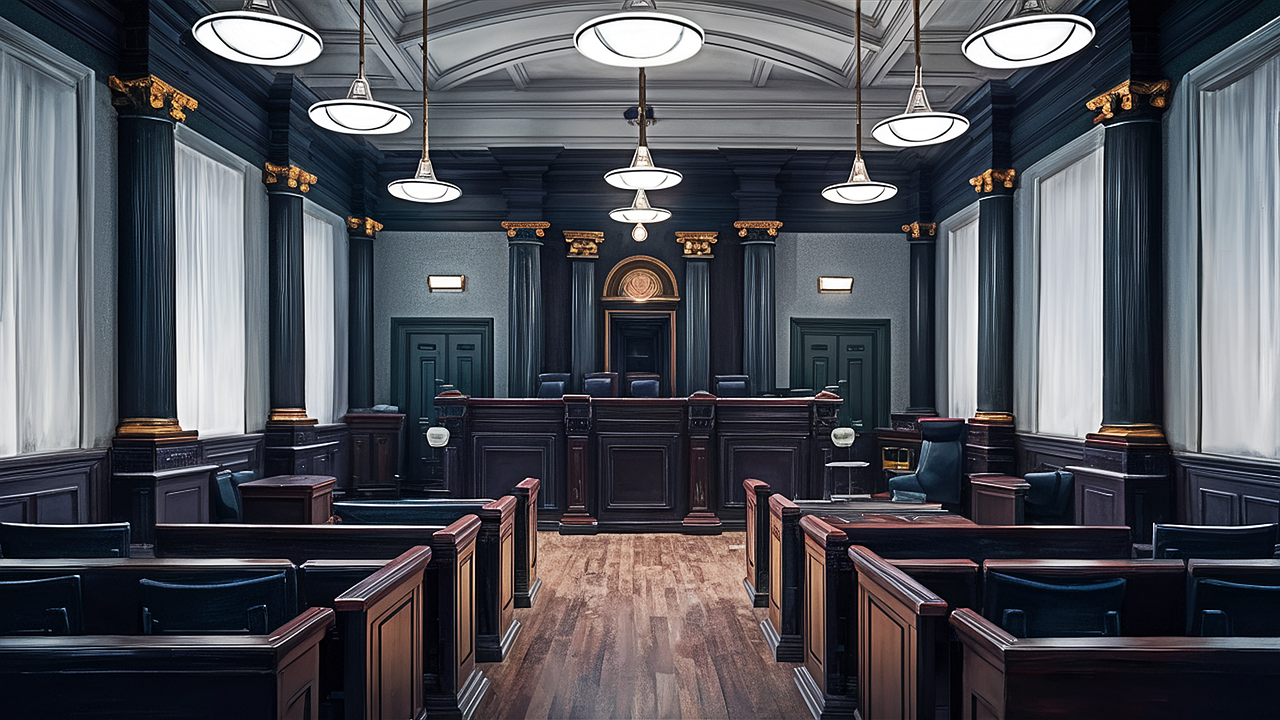In Canada, one of the most critical stages in the criminal court process is the bail hearing. Bail determines whether an accused person will be released from custody while awaiting trial. For many, securing bail is essential—without it, you could spend weeks or even months behind bars for a crime you may ultimately be acquitted of. At Vayeghan Litigation, our lawyers have extensive experience as Vancouver bail lawyers, advocating for release in cases ranging from everyday charges to complex, high-profile prosecutions.
The Presumption of Innocence and the Right to Bail
Canadian law is built on the presumption of innocence. This means that unless and until proven guilty, you should not be treated as though you have already committed the offence. The Charter of Rights and Freedoms also protects your right not to be denied reasonable bail without just cause.
Despite these protections, bail can be denied if the Crown shows that detention is necessary. Judges decide this using three grounds set out in the Criminal Code: the primary, secondary, and tertiary grounds.
The Three Grounds for Detention
-
Primary Ground – Ensuring Attendance in Court
- The court considers whether the accused is likely to return for trial if released.
- Factors include ties to the community, employment, family support, and past history of attending (or failing to attend) court.
-
Secondary Ground – Protection or Safety of the Public
- This focuses on whether releasing the accused poses a risk of committing further offences or interfering with the administration of justice.
- Prior criminal record, nature of the alleged offence, and any history of violence are key considerations.
-
Tertiary Ground – Maintaining Confidence in the Justice System
- Even if the accused is not a flight risk and poses no danger, bail can still be denied if releasing them would seriously undermine public confidence.
- This ground is often applied in high-profile or very serious cases such as murder or large-scale drug trafficking.
Why Bail Is So Important
Being denied bail means staying in custody until your trial, which can take months or even years in complex cases. This can:
- Disrupt your employment, education, and family life.
- Put you at a disadvantage in preparing your defence.
- Expose you to the stress of imprisonment despite being legally innocent until proven guilty.
In short, getting bail could mean the difference between waiting for trial in the community with your loved ones or waiting behind bars for a crime you may ultimately be cleared of.
Innovative Bail Options in High-Profile Cases
In recent years, Canadian courts have recognized creative bail solutions for individuals facing serious charges where the usual release plan may not be enough. Examples include:
- Private Security Monitoring: Families have in some cases arranged for professional security firms to monitor the accused and enforce bail conditions. This can reassure the court that conditions will be strictly observed.
- Ankle Bracelet or GPS Tracking: Electronic monitoring devices can track an accused’s movements, providing additional assurance of compliance with curfews, geographic restrictions, or house arrest.
- Sureties with Significant Assets: Involving a surety (a person who promises to supervise the accused and pledges money or property) can demonstrate a strong commitment to ensuring compliance.
These innovative approaches are particularly valuable in high-profile cases where public scrutiny is high and the Crown argues that detention is necessary under the tertiary ground.
How Vayeghan Litigation Can Help
At Vayeghan Litigation, we know that bail hearings are often won or lost based on preparation and creativity. We build detailed release plans, work closely with families and sureties, and explore innovative solutions such as private security or monitoring technologies. Our goal is to give the court confidence that you can be safely released—so you don’t spend months in custody awaiting trial.
Whether you are facing everyday criminal charges or a high-profile prosecution attracting media attention, our team combines strategic advocacy with deep experience to fight for your release.
Contact Vayeghan Litigation today for a confidential consultation and take the first step toward protecting your future.
Call us at 778-653-3995 or email law@mvlitigation.com now to discuss your case.



